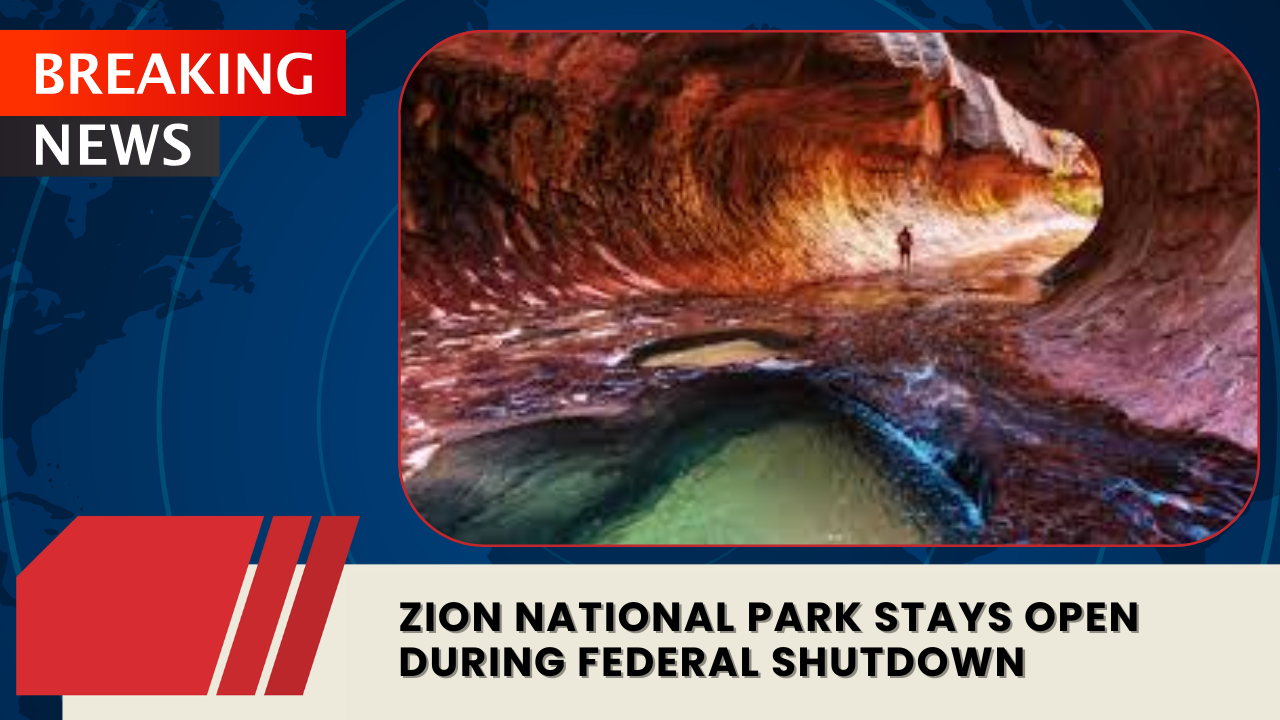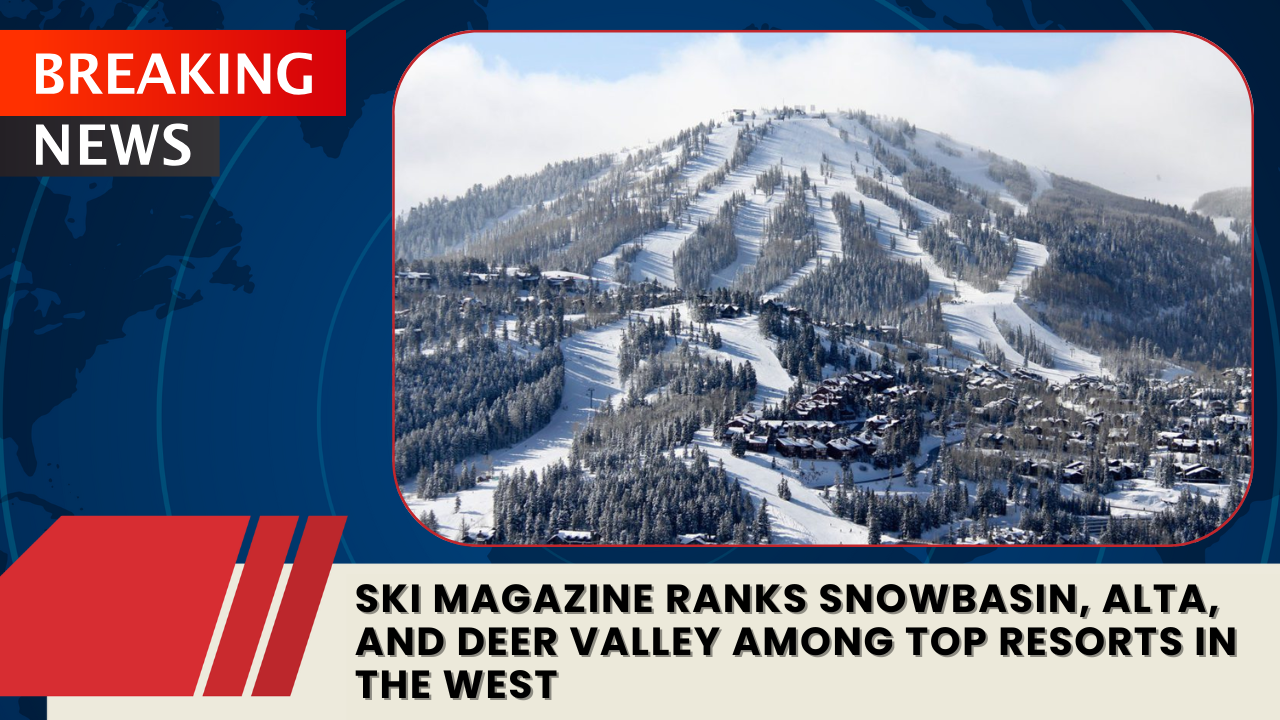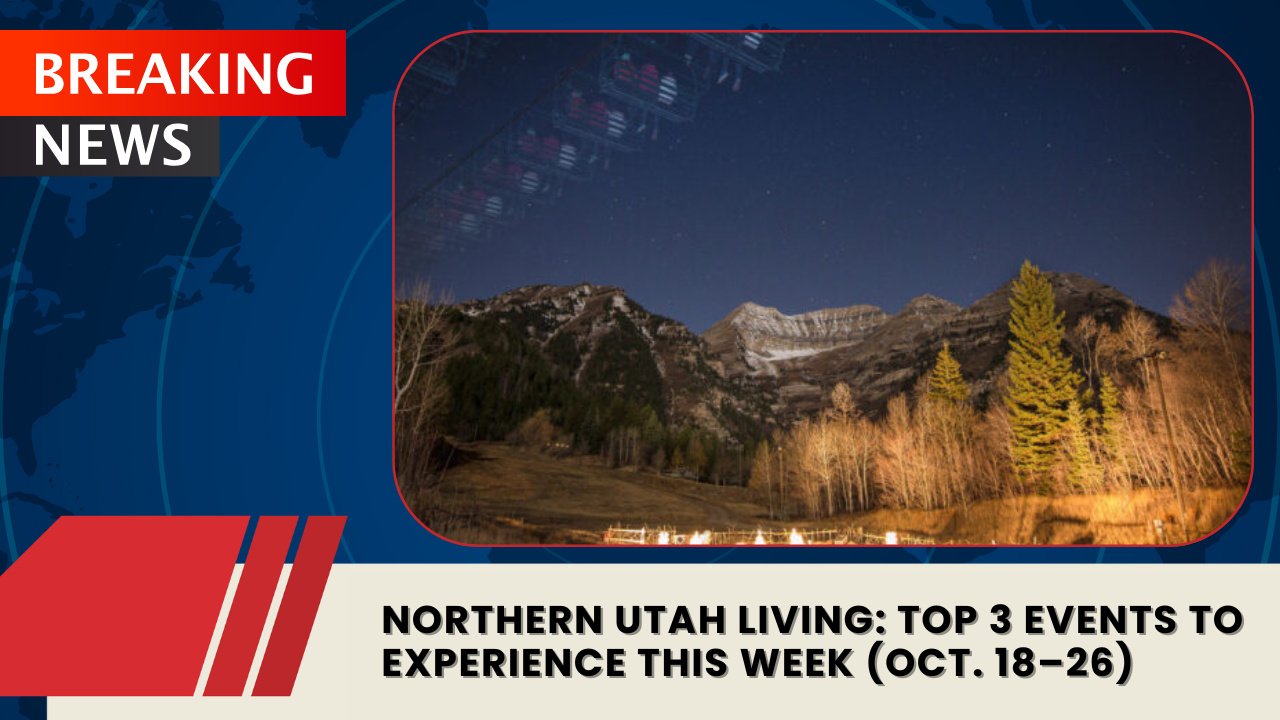Despite the ongoing federal government shutdown, Zion National Park remains open and bustling — thanks to a combination of state funding, nonprofit support, and the dedication of park rangers.
While more than half of the National Park Service’s staff have been furloughed nationwide, Utah’s government has stepped in with $8,000 per day to keep visitor centers across the state’s five national parks operational. The nonprofit Zion Forever Project has also stepped up, collecting visitor donations and funding essential programs to ensure the park continues to operate safely.
At the Zion visitor center, orange “Entrance Fee Donations” signs now greet guests, replacing the standard ticket booths. Since the shutdown began on October 1, visitors have donated between $1,200 and $2,200 daily, according to Natalie Britt, CEO of Zion Forever Project. Despite these efforts, the park is losing roughly $35,000–$50,000 per day in missed entrance fees — funds that normally sustain critical services like the shuttle system and maintenance.
Park attendance remains high, with around 25,000 visitors recorded on a single weekend day. The visitor center continues to operate at near-normal capacity, with rangers assisting at the information and wilderness permit desks. However, staffing remains strained — some employees are unpaid or partially compensated.
Because 85% of Zion is designated wilderness, keeping the wilderness permit desk open is essential for safety and search-and-rescue coordination. “Where minutes matter, this is how we protect and put visitor safety first,” Britt explained.
The state has also redirected funds from other sites — such as Cedar Breaks National Monument, now closed for the season — to maintain Zion’s wilderness operations. The Zion Forever Project continues running its retail store inside the visitor center, using profits to fund 90% of Zion’s education initiatives.
In addition to managing the park’s day-to-day needs, the nonprofit is also coordinating community aid for furloughed employees, partnering with local restaurants to provide meals and financial support. “They are parents, neighbors, and church members,” Britt said. “They are the reason Zion remains accessible and safe for millions of visitors.”
Meanwhile, the nearby town of Springdale continues to thrive, with hotels and restaurants full despite the federal closures. Mayor Barbara Bruno said business remains strong — though she worries that the effects of unpaid wages could ripple soon.
For now, Zion’s resilience amid the shutdown is a testament to Utah’s proactive leadership, local generosity, and the commitment of those who protect one of the state’s most treasured landscapes.



